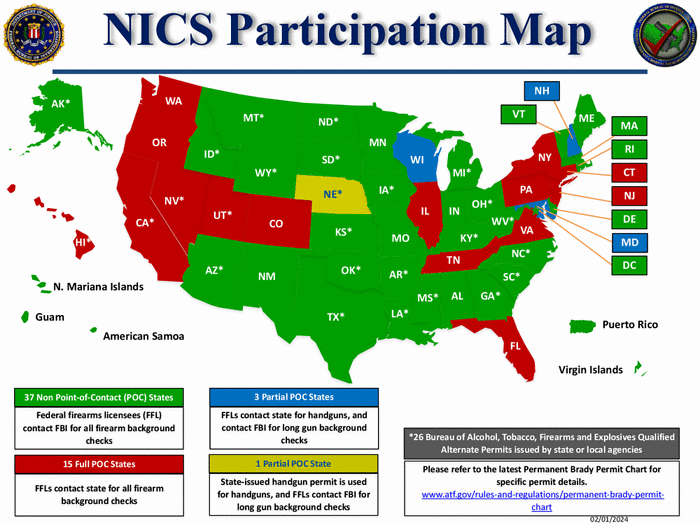Morristown National Historical Park is receiving $677,000 to help revive native forests, combat invasive species, and manage deer/NPS file
Morristown National Historical Park in New Jersey is getting a nearly $700,000 boost to manage deer herds, combat invasive species, and plant native trees.
The park’s forests are crucial to the health of ecosystems and surrounding local communities, but forest health monitoring in Eastern national parks has shown that the parks’ forests are rapidly changing and do not have enough tree regeneration in the form of seedlings and saplings to replace canopy trees as they fall or die, according to the National Park Service.
The Inflation Reduction Act projects at the park are part of multi-park, landscape-scale efforts to address the causes of poor tree regeneration in Northeastern parks.
The projects are part of an overall $195 million investment from the Inflation Reduction Act to prepare parks across the country to be resilient to climate change. These investments are incredibly timely, as healthy ecosystems, wildlife and native plant habitats, and cultural resources are threatened by climate change and many other environmental challenges, according to the Park Service.
To aid in the regeneration of native tree species at Morristown, the park will implement deer and invasive species management as outlined in its 2017 Vegetation and White-tailed Deer Management Plan and Environmental Assessment. Deer management actions in the Jockey Hollow and New Jersey Brigade areas will be taken in partnership with the US Department of Agriculture’s Wildlife Services agency and are pending approval from New Jersey Fish and Wildlife.
The invasive species project, in partnership with the Forest Stewards Guild, entails strategic removal of high priority invasive plants, followed by the planting of native tree seedlings that are adaptable to changing conditions. Taken together, the projects will reverse trends in forest loss and promote seedling resilience in Morristown’s forests that have been damaged by insect pests and severe storms. The projects will make the park’s forests more resilient to climate change and disturbances and help ensure that they exist in the future.
“These projects come at a critical time in the history of our nation and park as we look toward the United States’ 250th in 2026,” said Superintendent Thomas Ross. “Not only do we want to commemorate and reflect upon the past, but we also want to ensure a healthy natural legacy at the park for generations to come. These vital natural resource projects are a significant step in reestablishing a healthy native hardwood forest for future generations to appreciate, experience and enjoy.”





